[I wrote this article for the August 2016 issue of Hilton Head Monthly magazine.]
Even those who believe that human activity is contributing to global warming and climate change do not want to ponder the likely ramifications of rising sea levels —intense flooding, shoreline erosion, and frequent and violent storms like hurricanes — because it is profoundly unpleasant to do so.
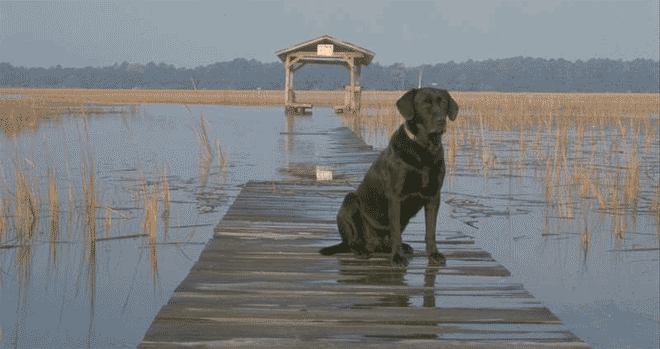
According to the Coastal Conservation League, the Southeastern region of the United States ranks sixth worldwide in greenhouse gas emissions, while South Carolina ranks 28th nationally. The Fifth Assessment Report by the Intergovernmental Panel on Climate Change states scientific consensus that concentrated greenhouse gases in the atmosphere from human activities such as deforestation and the burning of fossil fuels are resulting in an increase of average global temperatures, which leads to non-linear melting glaciers, longer and more intense heat waves, and drought. So what could climate change mean specifically for Hilton Head Island?
As an island community, the most pressing concern is rising sea levels. According to NASA, the global sea level is projected to rise 1 to 4 feet by 2100. This is the result of added water from melting land ice, increased precipitation and the expansion of seawater as it warms. Imagine 4 more feet of water in areas of the island that already flood heavily at high tide. Over 800 square miles of land lie less than 4 feet above the high tide line in South Carolina. Some $24 billion in property value and 54,000 homes — mostly in Charleston and Beaufort counties — sit in this area, impacting more than one in four homes on Hilton Head. More than 40 percent of Parris Island, the century-old major national Marine Corps recruit training center, lie 4 feet below sea level. The impacts of climate change could affect local livelihoods, coastal neighborhoods, infrastructure, ecosystems, shoreline military facilities, and economic stability.
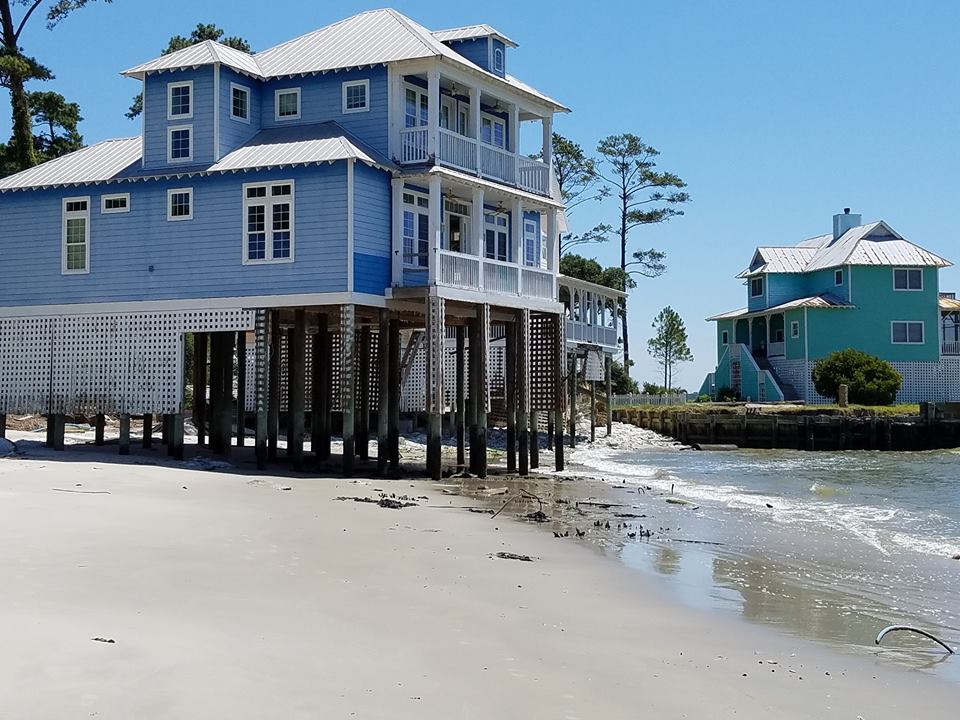 (Image courtesy of Cherny for Congress)
(Image courtesy of Cherny for Congress)
In addition to changes in land values, property uses, tourism and natural resource management will be impacted as sea levels rise, growing seasons shift, water salinity, quality and supply are altered, and migration patterns and habitats of birds, turtles, and other sea life change. Average annual temperature in the Southeast has increased about 2 degrees over the past 40, years with wintertime freezing days declining four to seven per year. Beaches are among the most economically valuable natural resources in South Carolina, and the frequency of beach renourishment projects to mitigate erosion has accelerated. Downed trees and submerged tree stumps are obvious signs of shoreline retreat.
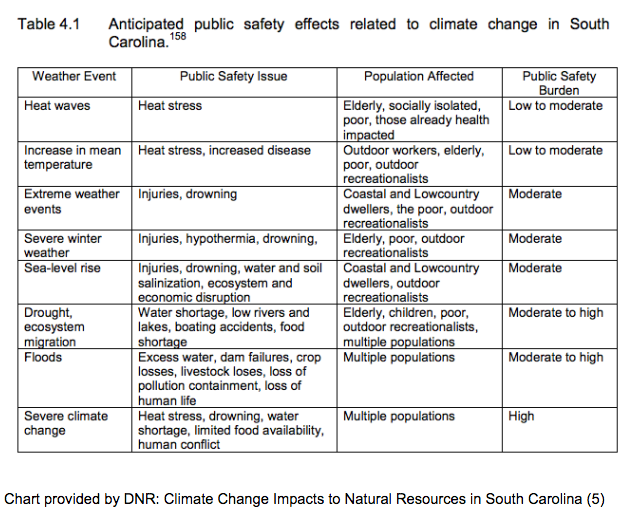
It is not pleasant to consider the ramifications of climate change on Hilton Head Island. Even those who believe it is happening have a hard time embracing the possibilities. Those who write off climate change as a hoax, an anti-business plot, or a pagan scheme refuse to consider the ramifications even though surveys of peer-reviewed scientific literature and the opinions of experts consistently show a 97 percent consensus that humans are causing global warming. In an interesting piece titled “As a Conservative, Evangelical Republican, Why Climate Change Can’t be True (Even Though It Is),” author Dr. Scott Rodin recognized his conditioned disdain for environmentalists at the expense of the environment. His article is a call for conservative communities to overcome their conditioning, heed the science, and come together and work to mitigate the ravages of climate change as an act of faith in and service to God.
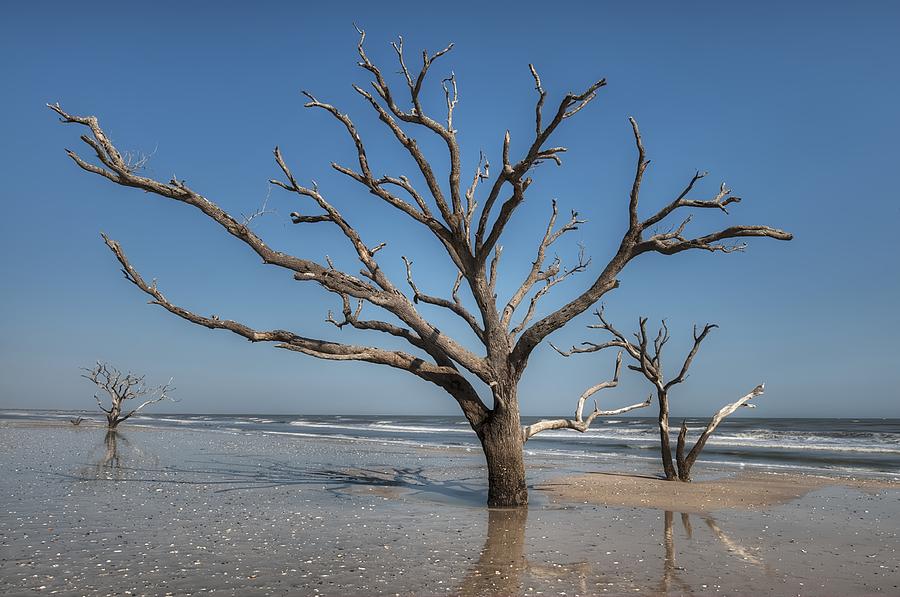
What can islanders do to slow the rate of climate change? We can educate ourselves and advocate for clean energy, clean fuel, and clean food. Livestock and their byproducts account for 51 percent of all worldwide greenhouse gas emissions, surpassing all transportation exhaust, which is responsible for 13 percent of emissions. Striving for solar panels on your home and a Tesla in your driveway is a noble pursuit, but there are eco-friendly changes greater than recycling or shorter showers that you can make today. Reducing or eliminating the consumption of meat, dairy and eggs goes a long way to curbing the rate of climate change. As Dr. Richard Oppenlander, author of Comfortably Unaware, has stated, “Renewable energy infrastructure to reduce climate change is a pretty good idea, but it’s projected to take at least 20 years and, minimally, $18 trillion. Another solution to climate change is we could stop eating animals. And it could be done today. It doesn’t have to take 20 years, and it certainly doesn’t have to take $18 trillion because it costs nothing.”
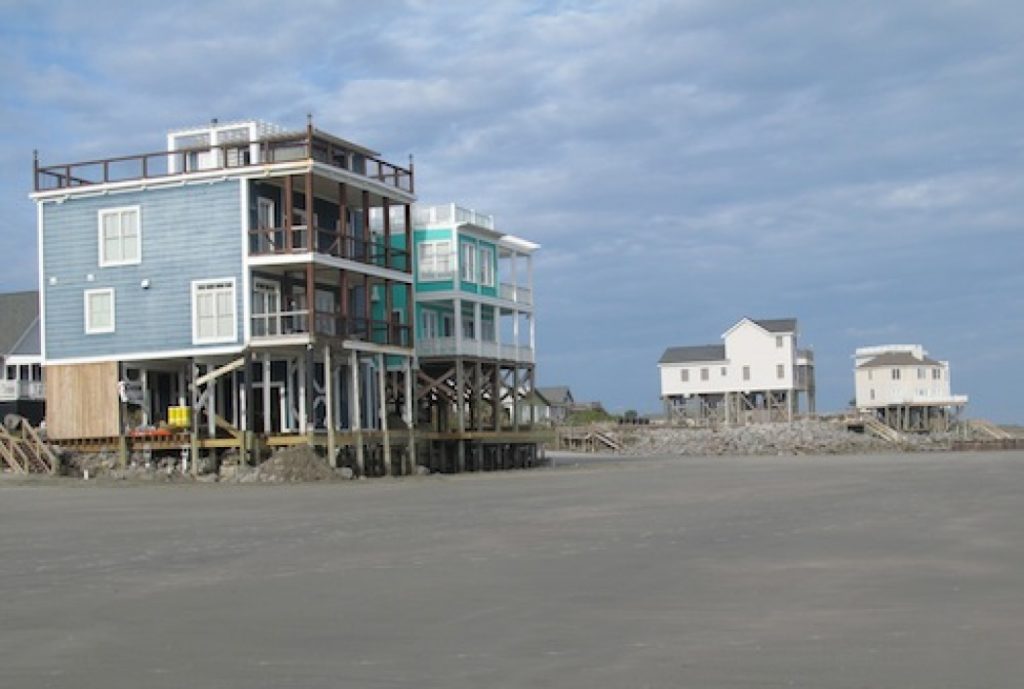
Learn more about adopting a plant-based diet for the environment, your health, and compassion toward animals by attending Lowcountry VegFest — South Carolina’s first ever veggie festival — hosted by the Palmetto Plant Eaters Club from 10 a.m. to 4 p.m. on Saturday, October 22nd at Shelter Cove Community Park. For more information about speakers, vendors, cooking demos, and entertainment, visit LowcountryVegFest.com and PalmettoPlantEaters.com.
Additional Resources
• Climate Change and South Carolina
• The Consequences of Climate Change (NASA)
• South Carolina and the Surging Sea
• Climate Change Impacts to Natural Resources in South Carolina (DNR)
• The 97% Consensus on Global Warming
• As a Conservative, Evangelical Republican, Why Climate Change Can’t be True (Even Though It Is)

{ 2 comments… read them below or add one }
Climate change is a huge concern for our planet. The coastal regions across world will be badly affected by increased level of water and frequent storms. Recent study report of IPCC is giving us an estimation of cities across world which are going to be affected. This is really concerning and we need to act first to survive this.
Thank you for taking the time to read and comment Kate. Yes, these issues are quite concerning and urgent.